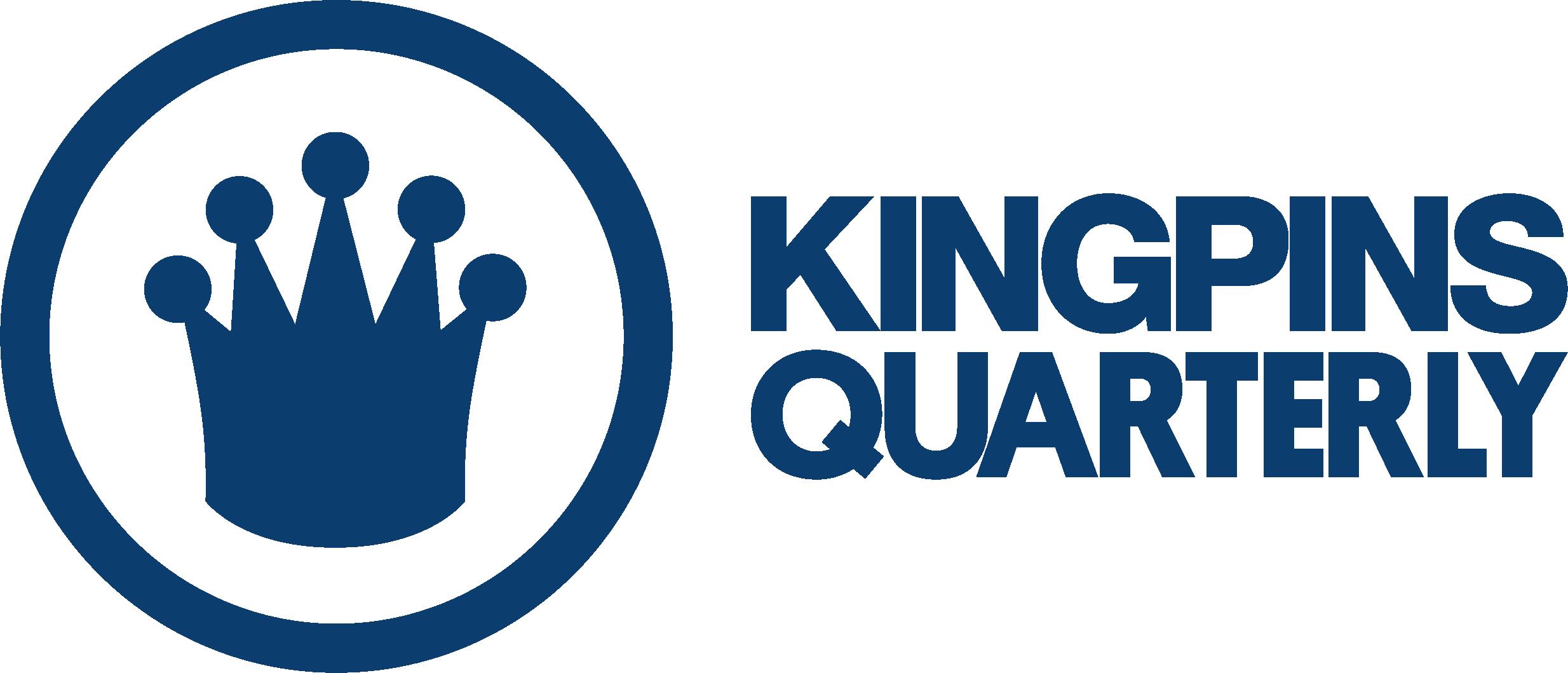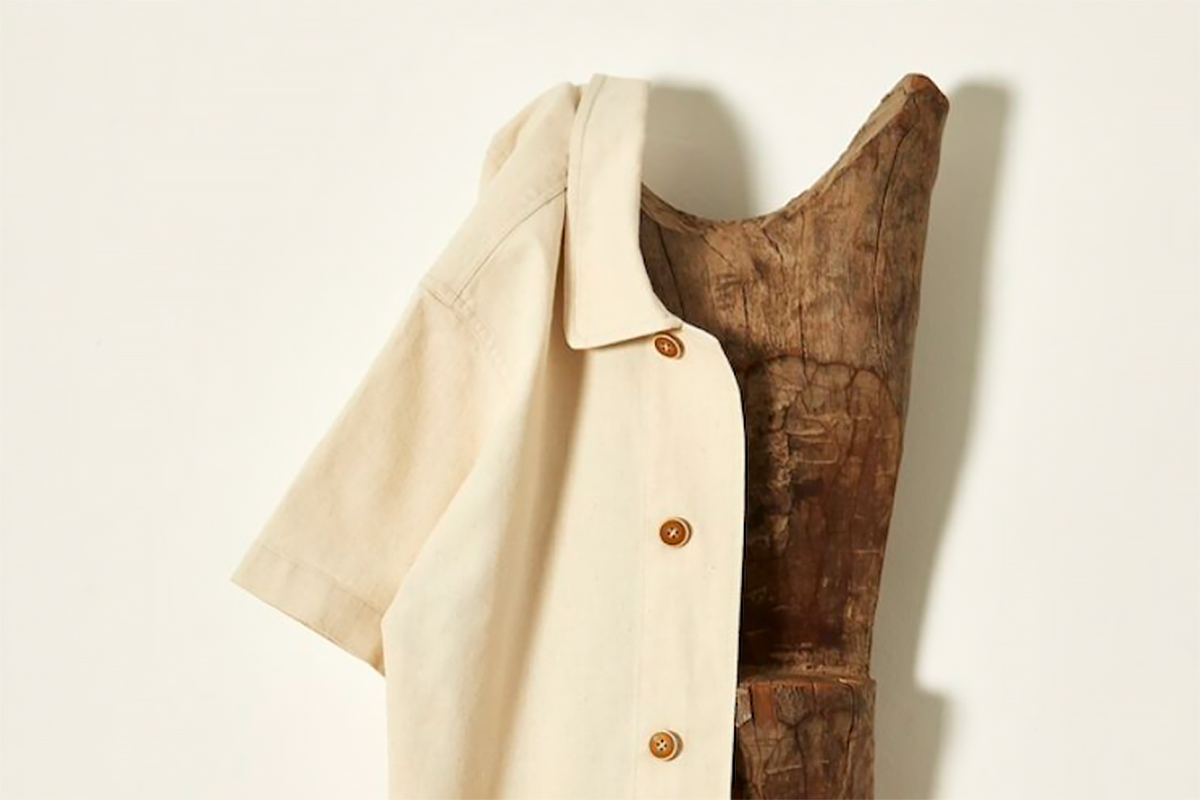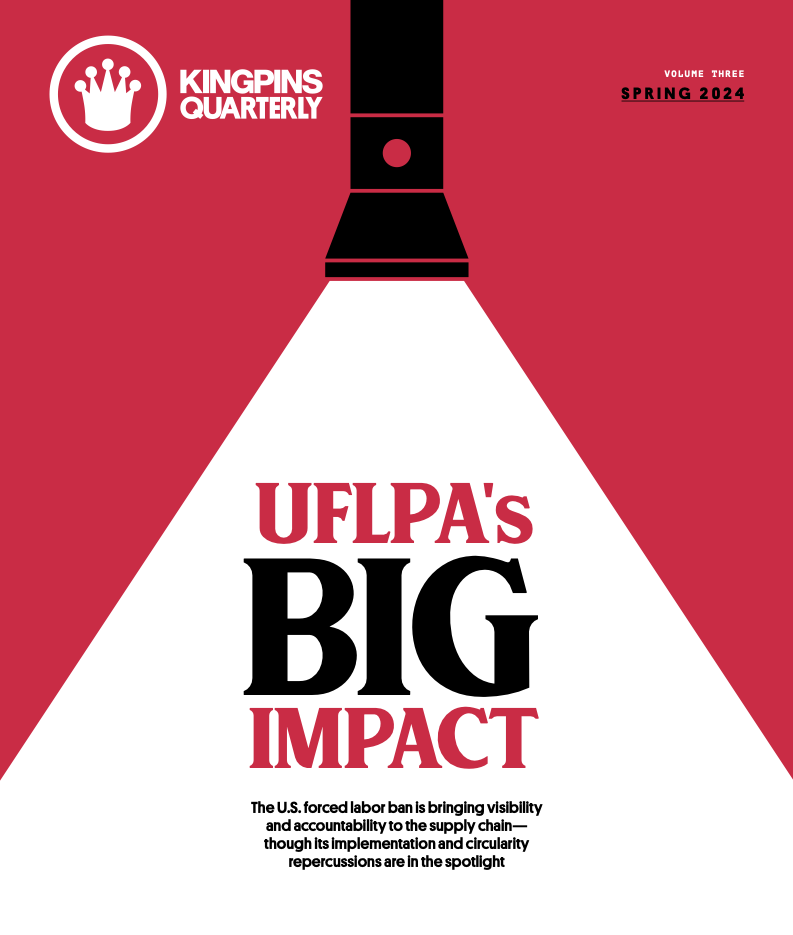Spanish textile maker Textil Santanderina has developed a new Piñayarn® product that relies on fibers from pineapple-plant waste. The new pineapple leaf fiber—or PALF—offerings were developed through a collaboration with Ananas Anam and will be introduced during Kingpins Amsterdam, April 24-25, at SugarFactory.
“We are very happy with the result, soft touch, and beautiful, natural appearance and behavior very similar to the linen fiber,” said Laura Torroba, head of the fashion department for Textil Santanderina. “Until now, they were marketing a type of vegan leather alternative named Piñatex®, made with pineapple fiber, with which they have had a lot of success, and now they want to take another step in collaboration with Textil Santanderina to produce a yarn and fabrics made from pineapple fiber and their blends.”
The vertically integrated Textil Santanderina boasts its own spinning, weaving, dyeing, printing, coating and finishing. It is also known for its innovative approaches to responsible textile development, which made Textil Santanderina perfectly positioned to work with Piñayarn® and Piñatex’s® London-based parent company Ananas Anam, whose European production center is located in Spain. At more than 100 years old, Textil Santanderina counts European and U.S. brands among its clients and boasts an annual capacity of more than 27.3 million yards.
“On one hand, we collaborate with our customers with their sustainability strategies within the circular economy, to join forces and increase the use of recycled fibers inside our 360 Degrees Sustainable policy,” explained Torroba. “And, on the other hand, we guarantee through Textile Exchange or Global Organic Textile Standard certifications, the transparency and traceability of our processes, with an open supply chain, real and certified from all angles.”
Piñayarn’s® supply of pineapple leaves is a byproduct of farming the fruit. Textil Santanderina uses this resource as the foundation for the plastic- free, vegan, 100 percent plant-based Piñayarn®. No additional land, water or pesticides are required to cultivate the raw material. Piñayarn® is recyclable, biodegradable and compostable. The traceable production process is water and energy efficient, and uses zero harmful chemicals. For every 2 lbs. of yarn produced, the equivalent of up to 13 lbs. of CO2 is prevented from being released into the atmosphere, according to studies conducted by the company that produces this fiber.
“After the pineapples have been harvested for food, the leaves of the plant are waste and are either left behind to rot or are burned,” Torroba said. “By creating new materials from these waste leaves, Ananas Anam has saved 264 tons of CO2 from being released into the atmosphere in 2020 alone—this is equivalent to charging more than 33 million smart phones!”
Textil Santanderina is also fulfilling important social commitments with its Piñayarn® products. Through its work with Piñayarn®, Textil Santanderina helps workers develop skills, promotes a safe workplace and empowers women.
“In addition to saving CO2, using the pineapple leaves to create textiles also provides a second stream of income to the pineapple farmers, creating more jobs in rural communities,” said Torroba. “This fiber was developed for use as a sustainable alternative to mass-produced materials, offering a better choice for a better future. It offers a high-performing, quality plant-based textile solution without compromising the health of people and the planet.”
Piñayarn’s® ability to yield textiles with a luxurious hand and alluring appearance position it as an ideal sustainable option for brands and fashion houses that serve the luxury consumer. According to Torroba, Textil Santanderina’s clients are attracted to the company’s commitment to producing goods that are not only traceable to ensure authenticity but also made responsibly regarding their environmental and social impacts.
“More and more of our customers are concerned about the environment and ask us to offer them real sustainable solutions so they can offer these products to their customers,” revealed Torroba. “In this case, the pineapple fiber is a global social, environmental and product response.”
Visit Textil Santanderina in booth Blue 37




